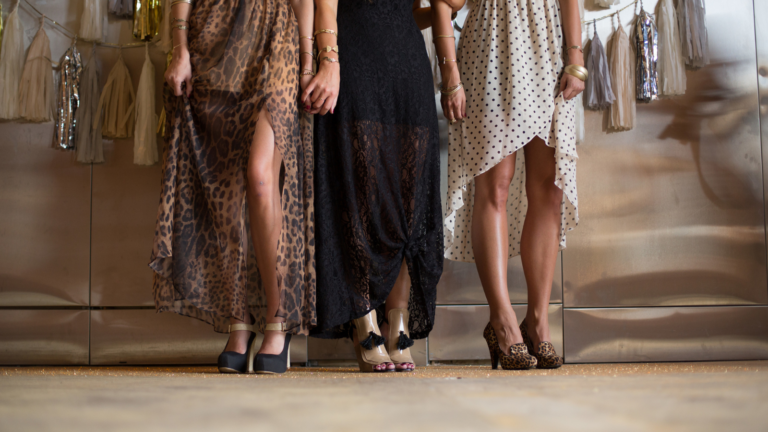Why Do Catholics….? Honest Answers to Your Burning Questions
Protestant church is NOTHING like Catholic Mass, and the biggest difference isn’t in the doctrine–it’s in the culture!
You see, Catholics have been around a LONG time, so they’ve had a lot of years to think about things… to develop habits and practices and to come up with certain ways of doing things.
And unlike Protestant churches, which split and break pretty regularly, Catholic Churches don’t really. Many of the practices that made sense to the Old Testament Jews, the first century Christians, people today, and everyone in between–Well, they’re still around today.
So if you’ve ever wondered “Why do Catholics do all the weird things they do” — you’re not alone. Many lifelong Catholics don’t know either! But now you will.
1. Why Do Catholics Pray to Mary and the Saints?

Have you ever asked a friend or family member to pray for you? Or asked them to help you out with something you were struggling with spiritually? Catholics do the same thing when they pray to Mary or a Saint.
You see, while Protestants typically believe Mary and the Saints aren’t in Heaven yet or are in Heaven but just can’t hear us down here on Earth, Catholics pray to Saints because they believe Mary and some saints are already in Heaven and can hear us.
Catholics still pray to God and Jesus — same as Protestants do. And they still ask their friends and family to pray for them when they are struggling — same as Protestants do. They simply ask Christians who have gone before to pray for them too.
2. Why Do Catholics Pray the Rosary?
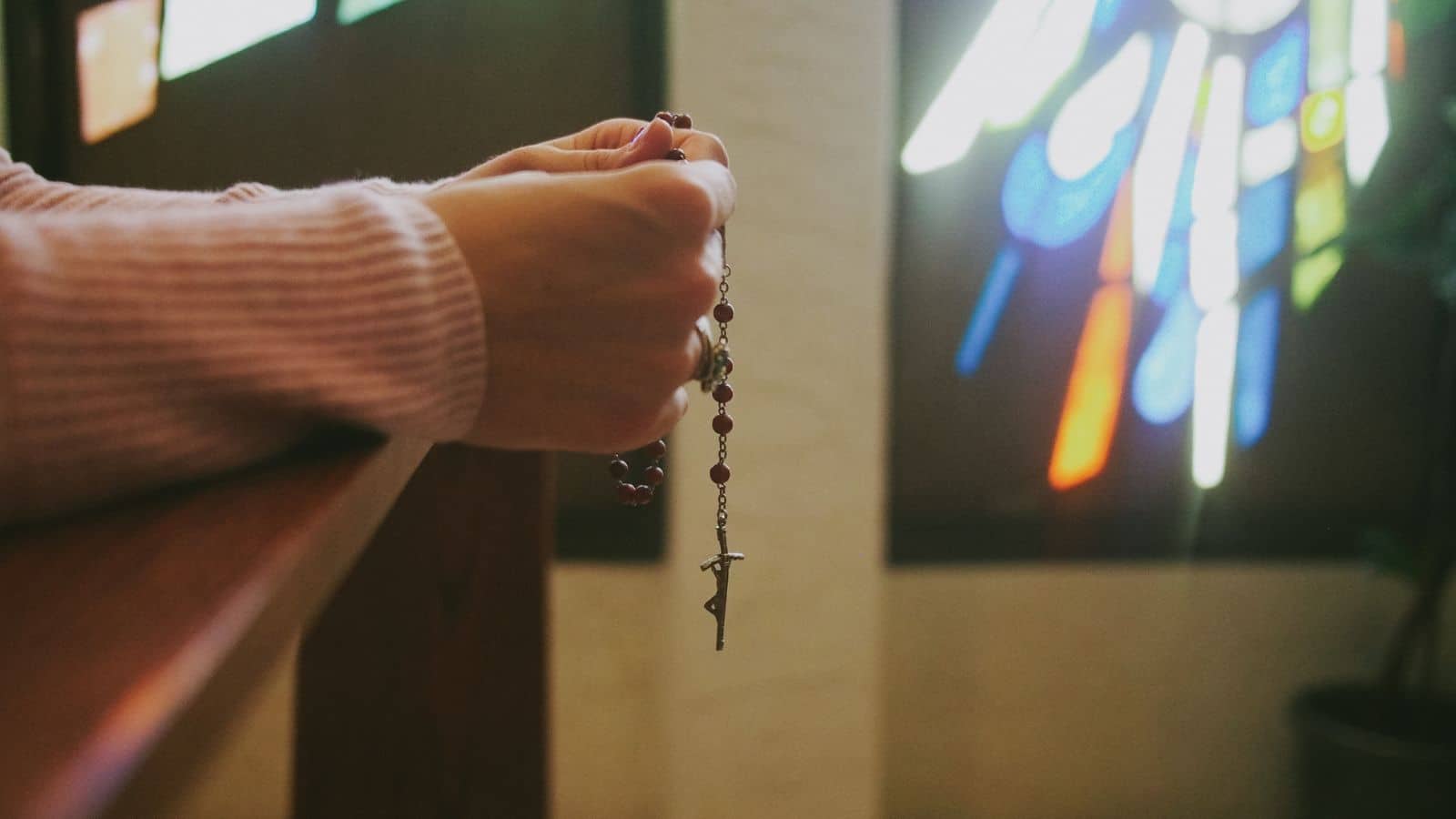
Catholics pray the rosary because they believe it is very powerful to help them grow in faith, resist evil and get their prayers answered. It helps them to focus in order to pray for longer periods of time (Protestant prayers are often very short), and some people can focus better when they hold something in their hands.
Praying the Rosary allows Catholics to really meditate on Christ’s death and resurrection in a way that a quick prayer cannot.
3. Why Do Catholics Confess to Priests?
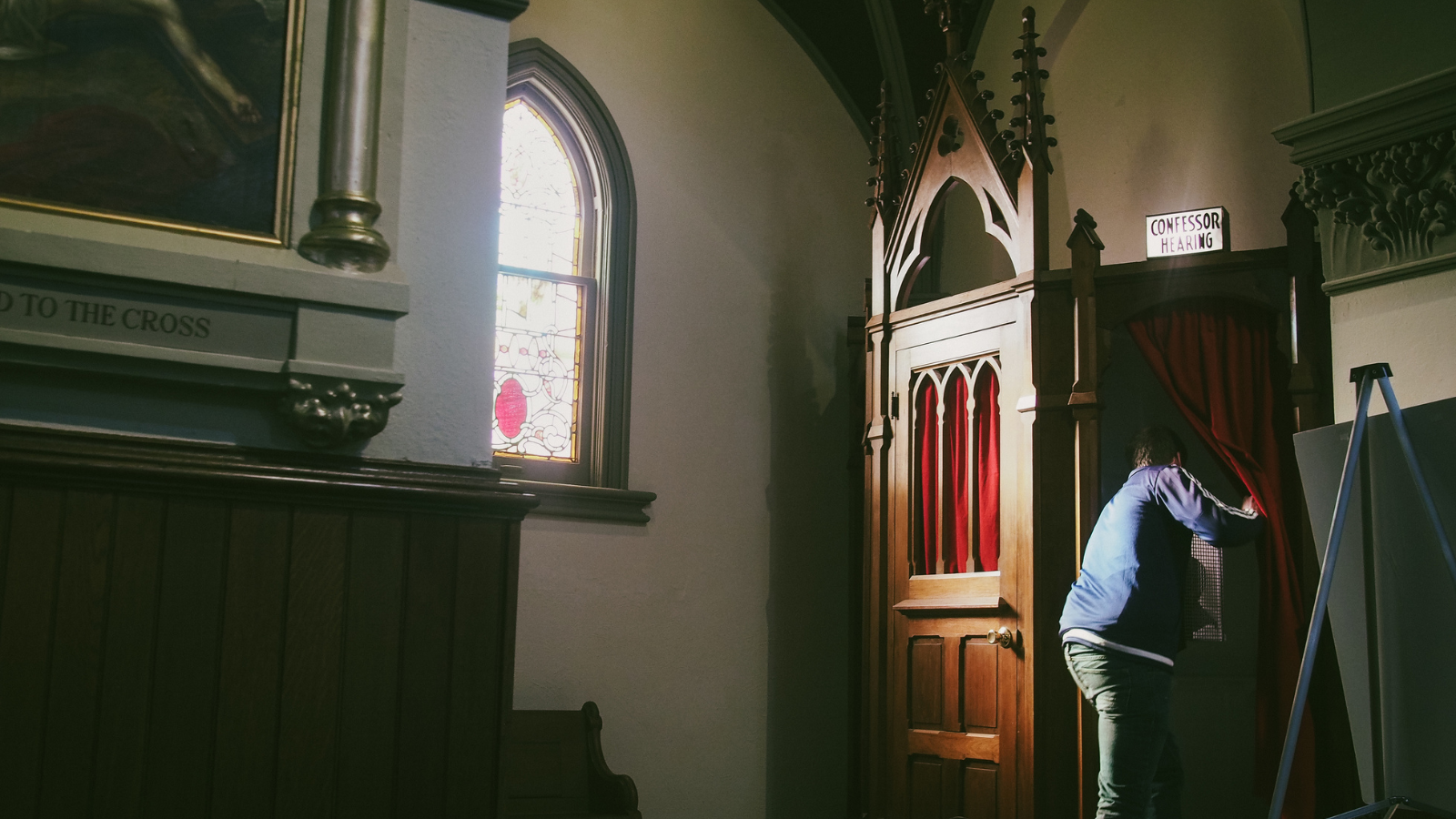
Catholics don’t believe they CAN’T go directly to God — we all can — just that Jesus set things up to work a different way. They believe that the priest acts as a sort of ambassador for Christ, and that priests have the power to forgive sins.
This is due, in part, to Matthew 18:18, which says,
“Truly I tell you, whatever you bind on earth will be bound in heaven, and whatever you loose on earth will be loosed in heaven.”
4. Why Do Catholics Make the Sign of the Cross?
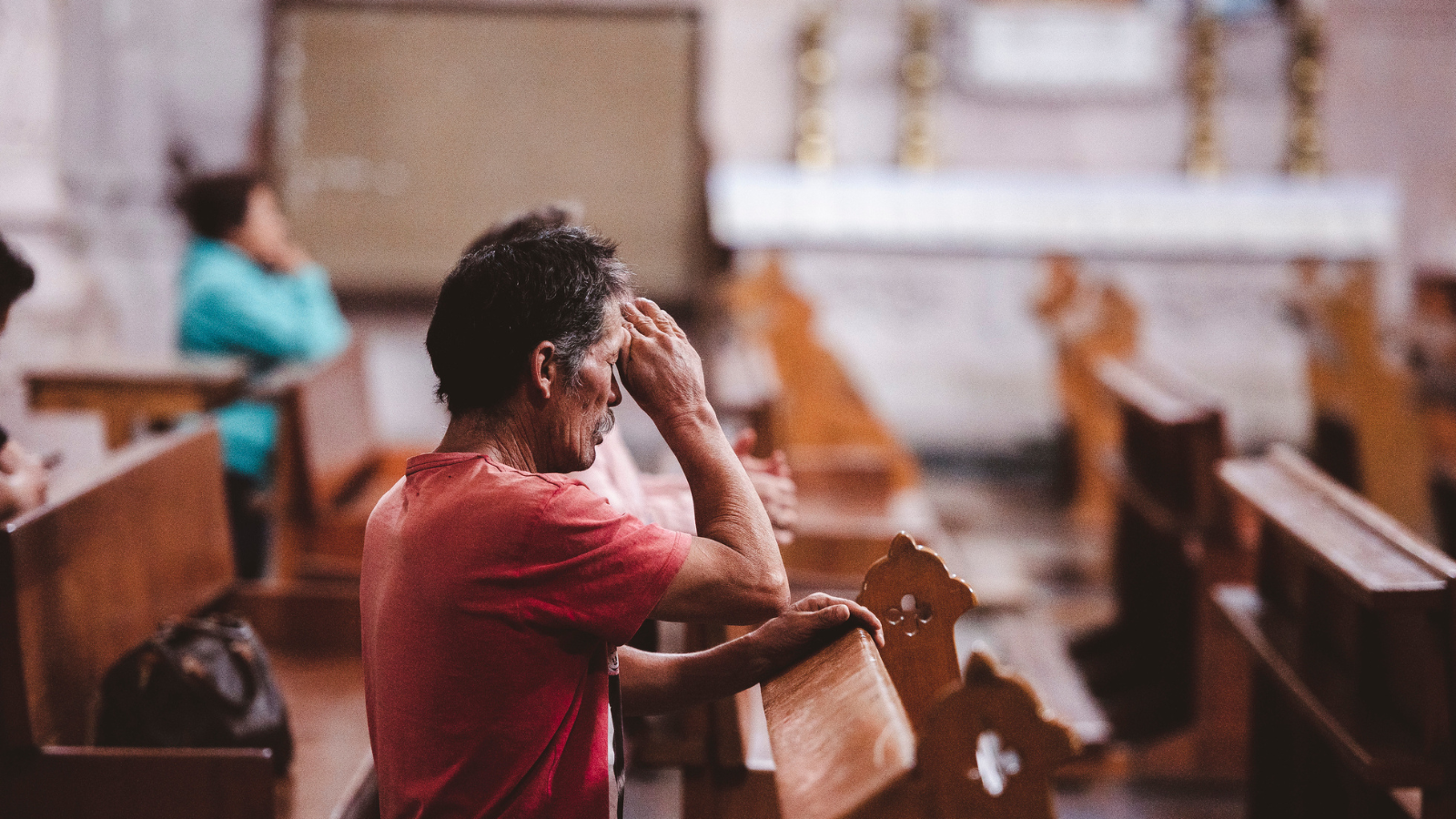
Catholics often make the sign of the cross (and say the words “In the name of the Father, and of the Son and of the Holy Spirit”) when they begin and end prayers, when they enter, leave or pass a church and when they receive communion (among other times).
This sign is meant to remind them of the Trinity and to be an outward profession of their beliefs and their status as a Catholic. It is done in Eastern Orthodox, high Anglican and high Lutheran churches as well.
5. Why Do Catholics Believe in the Real Presence in the Eucharist?
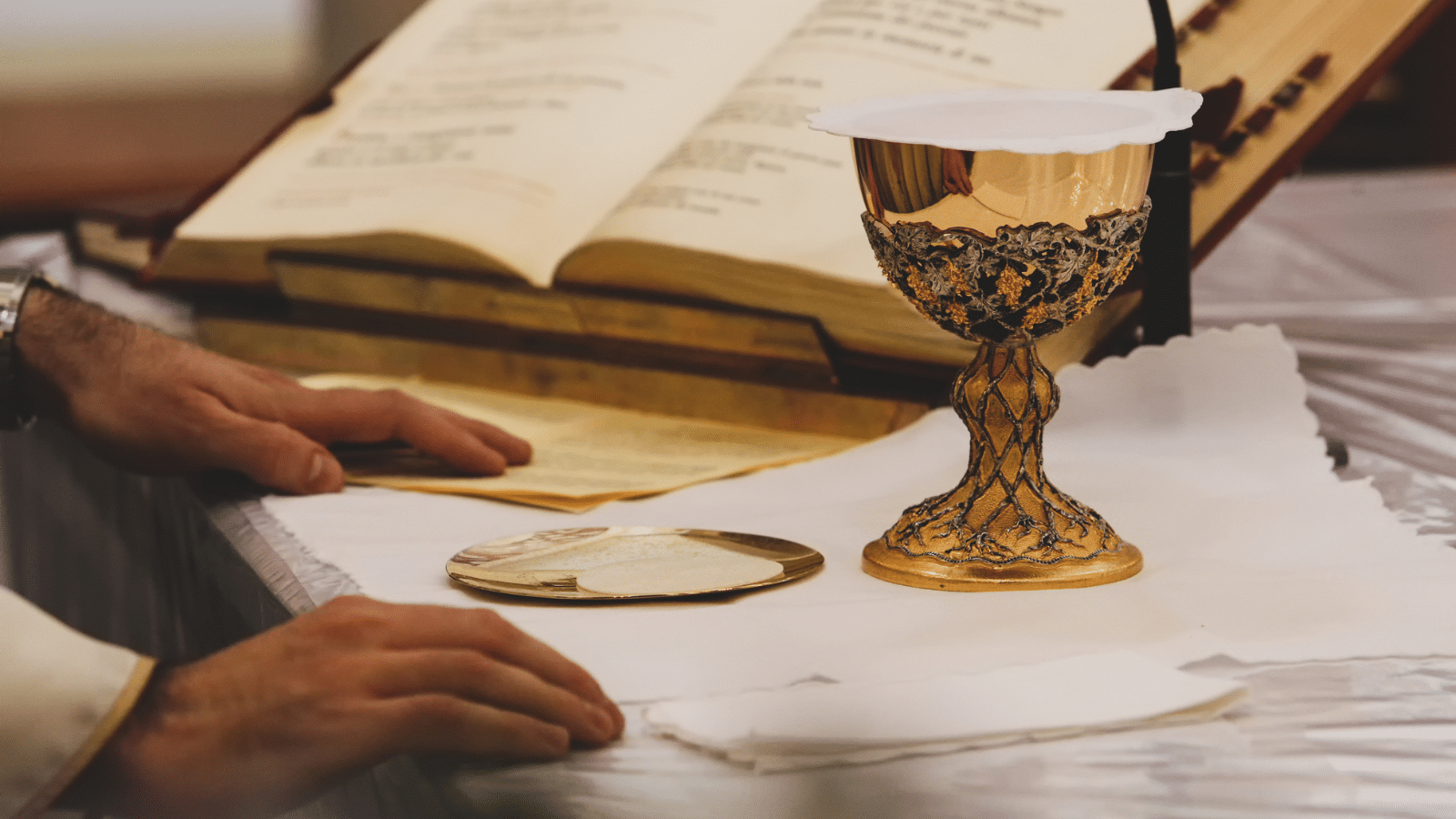
There are several reasons, including the words Jesus used when referring to the Eucharist, the Jewish people’s reactions to Jesus’s words, and the first century church’s beliefs.
This belief can be difficult to accept at first, especially if you’ve believed that communion is just a symbol your entire life, but there is some compelling evidence if you read the Scriptures with an open mind!
6. Why Do Catholics Use Holy Water?
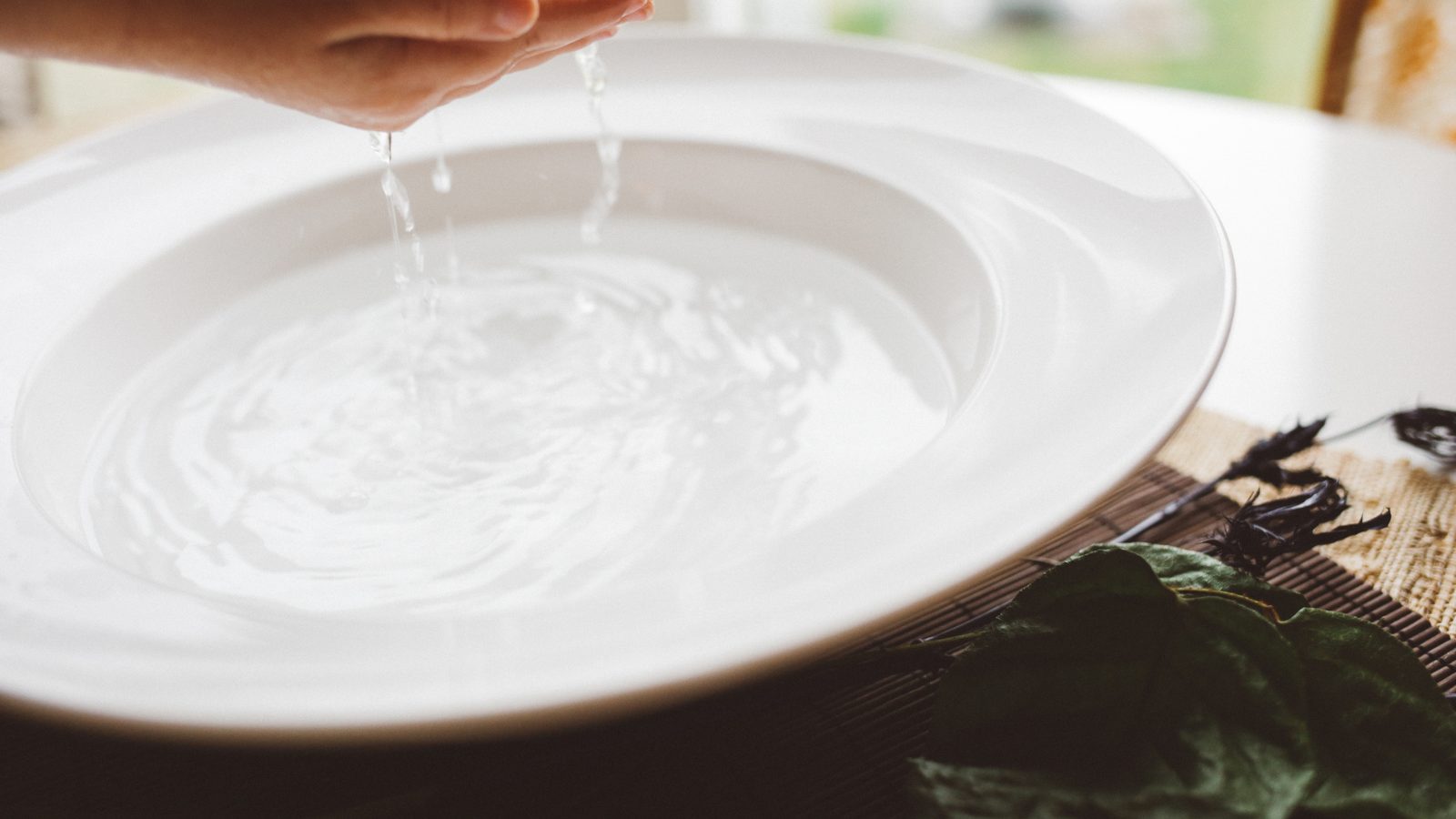
Similar to how the Old Testament Jewish people used to purify themselves with water before they entered into worship, Catholics will make the sign of the cross with Holy Water as they enter and exit a church. (They use it for blessing things and baptisms as well.)
Holy Water is meant to accomplish three purposes: to signify the believer’s repentance from sin, to be a reminder of their baptism, and to help protect them from evil.
7. Why Don’t Catholics Eat Meat on Fridays During Lent?
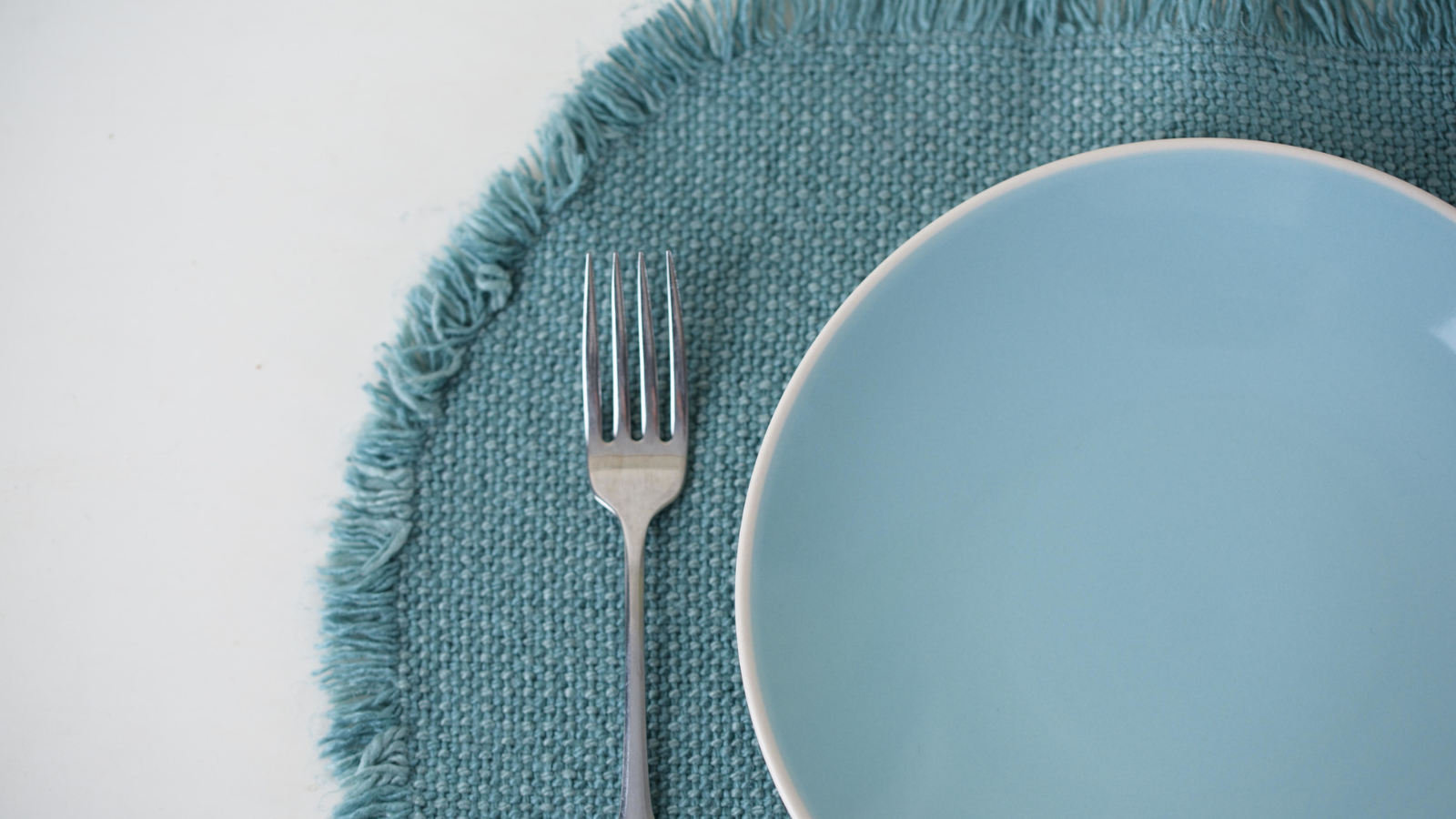
Catholics give up meat on Fridays during Lent for three reasons:
- To greater identify with Christ’s sacrifice for us.
- To exercise spiritual discipline and increase in holiness.
- Because the church says so.
Meat isn’t the only thing Catholics give up for Lent though — there are actually a bunch of Catholic Lent Guidelines as to what Catholics can and cannot eat during this liturgical season.
And before you think that’s too weird, remember: the Jewish people in the Old Testament also had many, many dietary restrictions. Not for their salvation, but because God said it was good for them. So for Catholics to have similar restrictions today really isn’t that unusual.
8. Why Do Catholic Churches Have Statues and Stained Glass Windows?
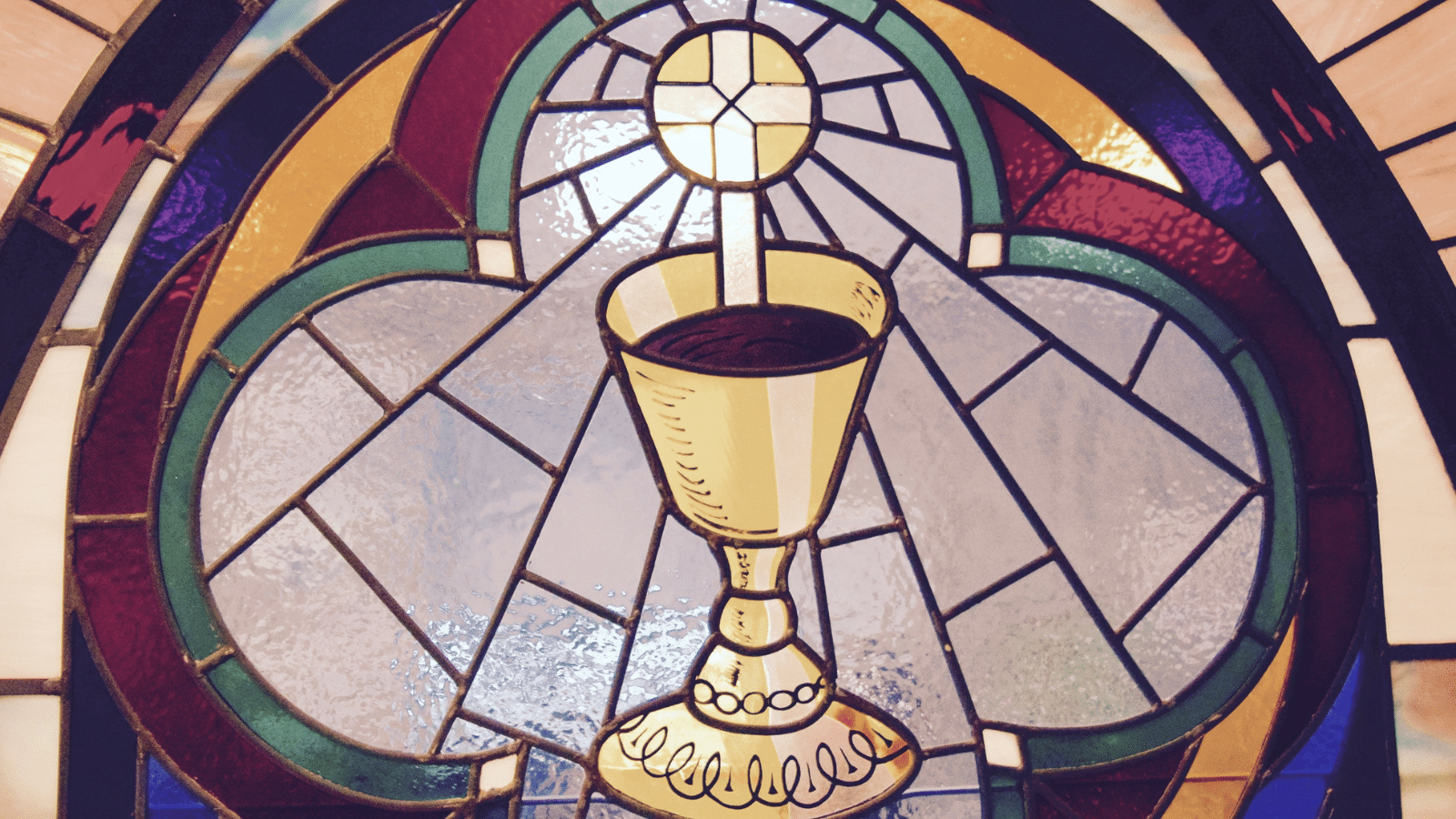
In the early years of Christianity, most people were illiterate. Therefore, the Catholic Church often used visual aids such as statues, the stations of the cross (pictures showing the story of Jesus’s crucifixion), and stained glass windows to help teach the people the story of Jesus since they could not read their Bibles (which they didn’t have) for themselves.
Today, the statues simply remind Catholics of the Bible story and inspire them to remember the saints who have gone before.
Catholics do not worship these statues any more than Protestants who put up nativity scenes worship theirs.
9. Why Do Catholics Believe We are Saved by Works?
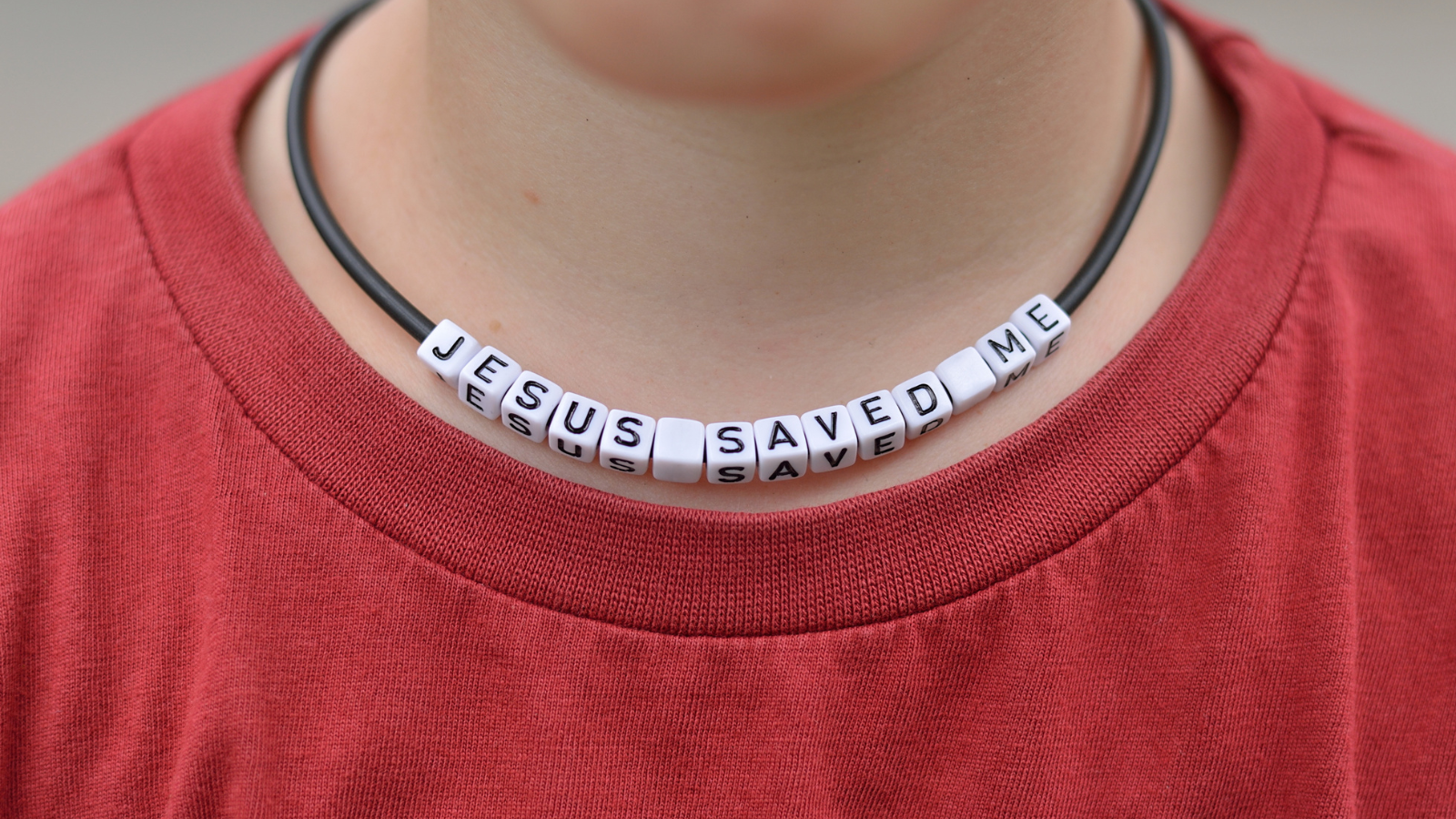
The Catholic Church does NOT teach that people are saved by their works. In fact, the catechism of the Catholic Church actually specifically forbids this notion.
Rather, the Catholic Churches basically teaches that “If you call yourself a Christian, but you don’t act like it, maybe you’re not really a Christian after all.” Or “Yes, God saves you through faith, but it’s a living faith that naturally produces good works.”
This Catholic belief is actually 100% Biblical, and is even taught by some highly respected Protestant/non-denominational pastors.
10. Why Do Catholics Genuflect When Entering and Exiting a Pew?
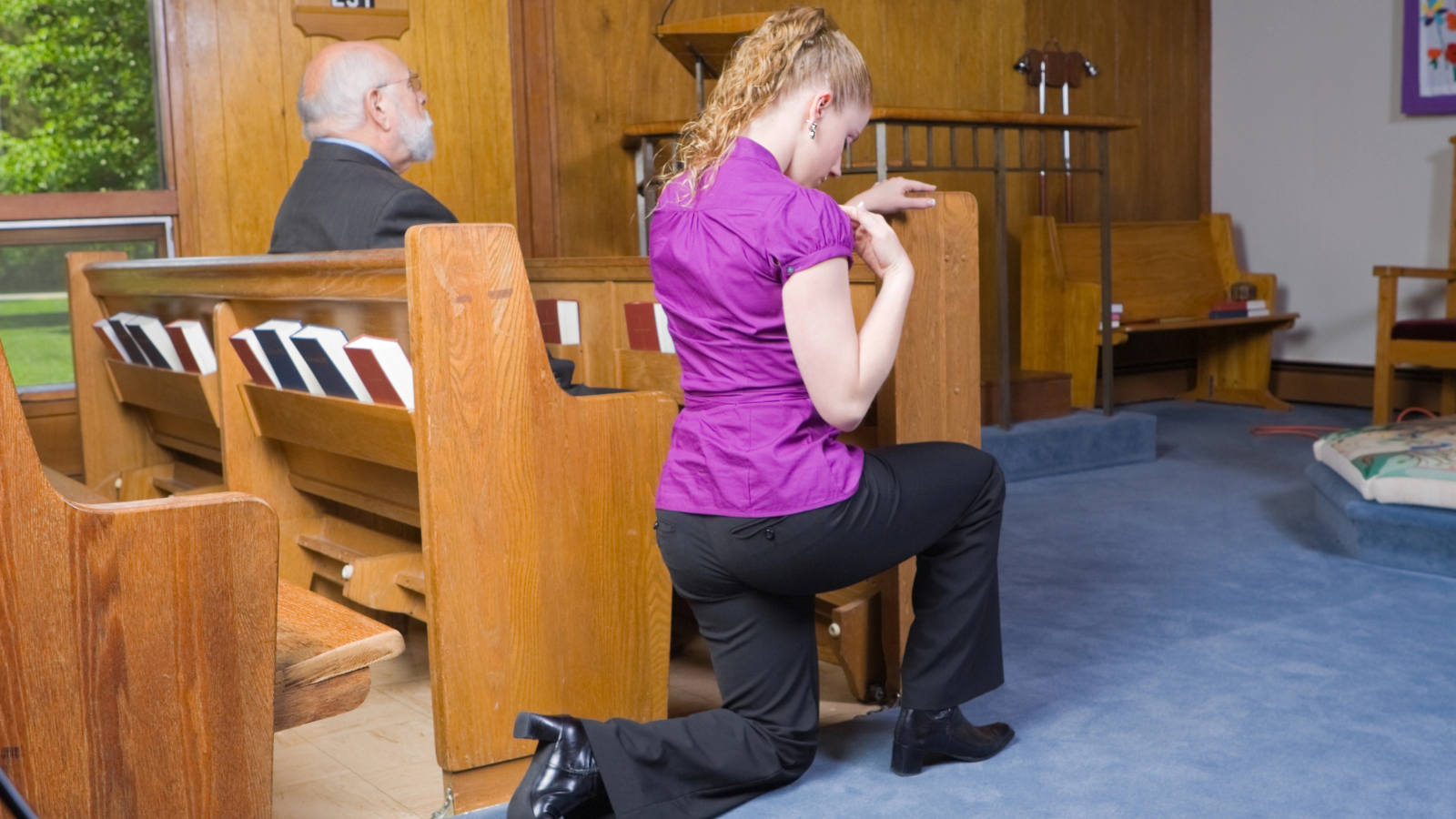
Catholics genuflect when entering a pew for the same reason that people centuries ago would have bowed briefly when going in front of a king: to show respect. And who deserves respect more than the true King of Kings, who is present in the church?
Not all Catholics do this — it isn’t mandatory — but it is a very common practice.
11. Why Do Catholics Ring Bells During the Eucharistic Prayer?
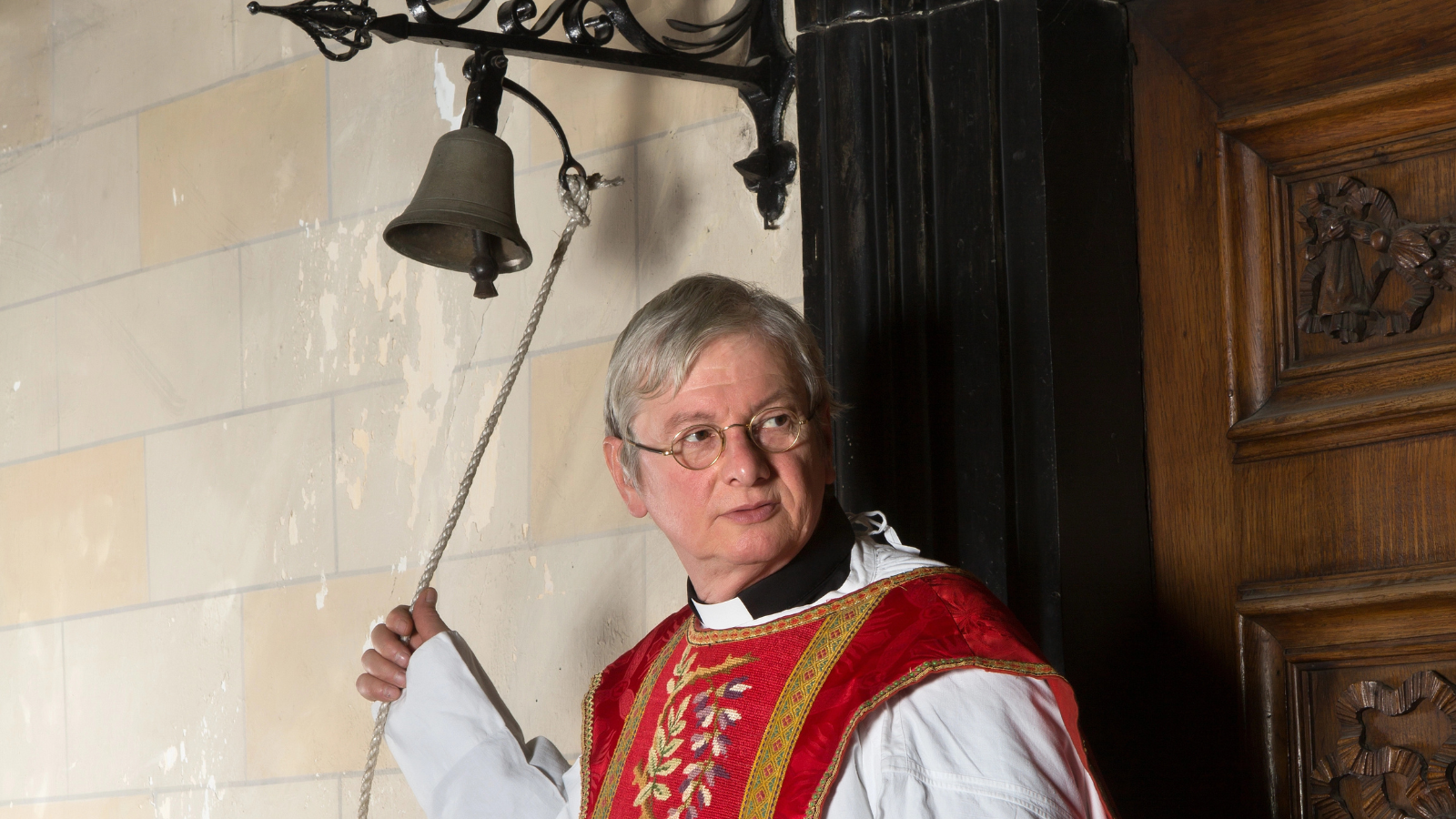
The bells call the people to worship and make a joyful noise. They signal that something important is about to take place: the Eucharist turning into the real presence of Jesus. They remind Catholics that Mass isn’t just celebrated in the local church but with the angels in Heaven. And finally, simply because it’s tradition.
12. Why Do Catholics Light Candles?
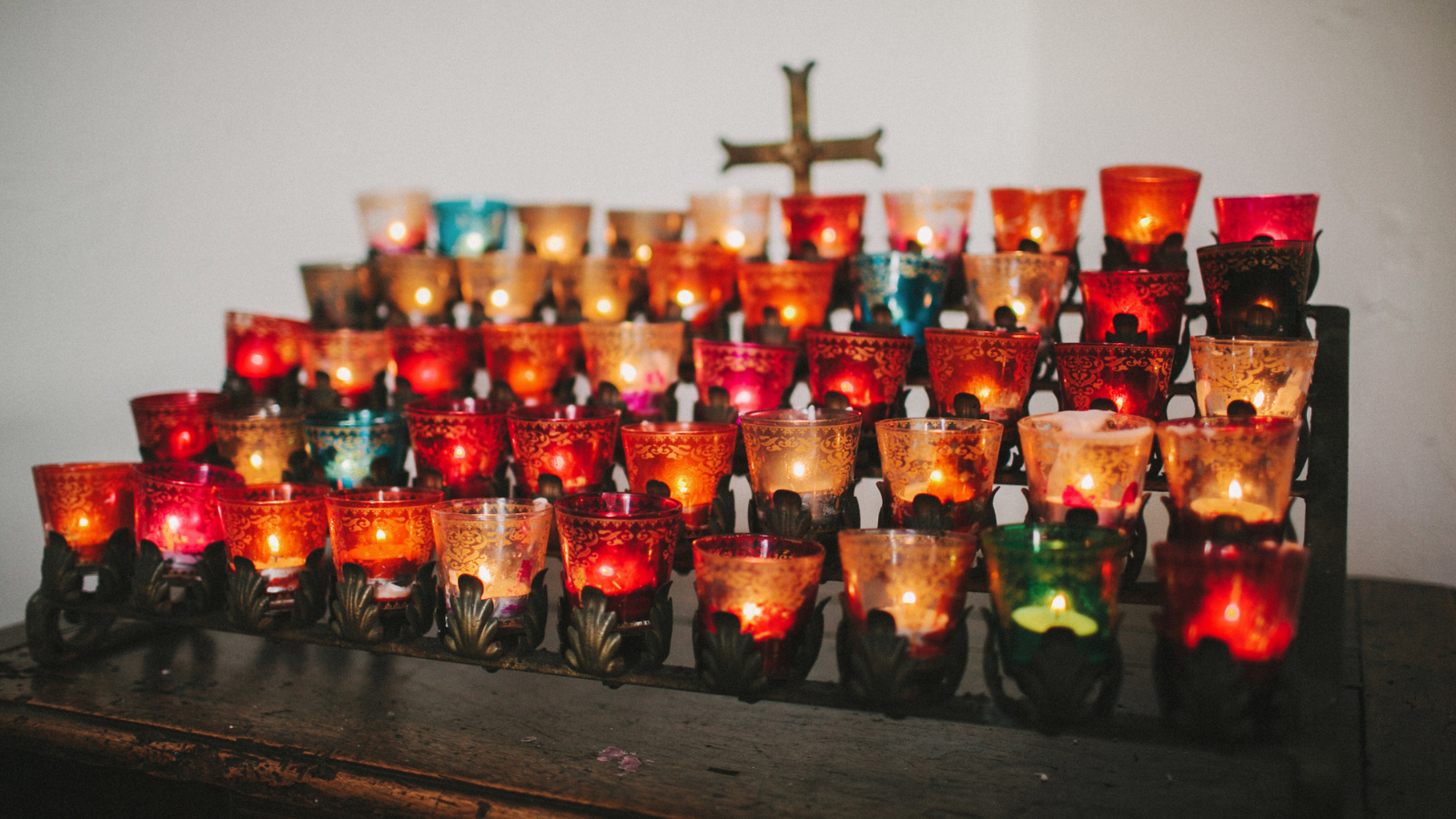
Lighting candles is not a formal church teaching, but rather, a very commonly held practice. Catholics light candles to prolong their prayers, memorialize the dead, symbolize Jesus, symbolize the power of light over the darkness, and as a form of prayer and to celebrate special occasions.
13. Why Do Catholics Get Ashes?
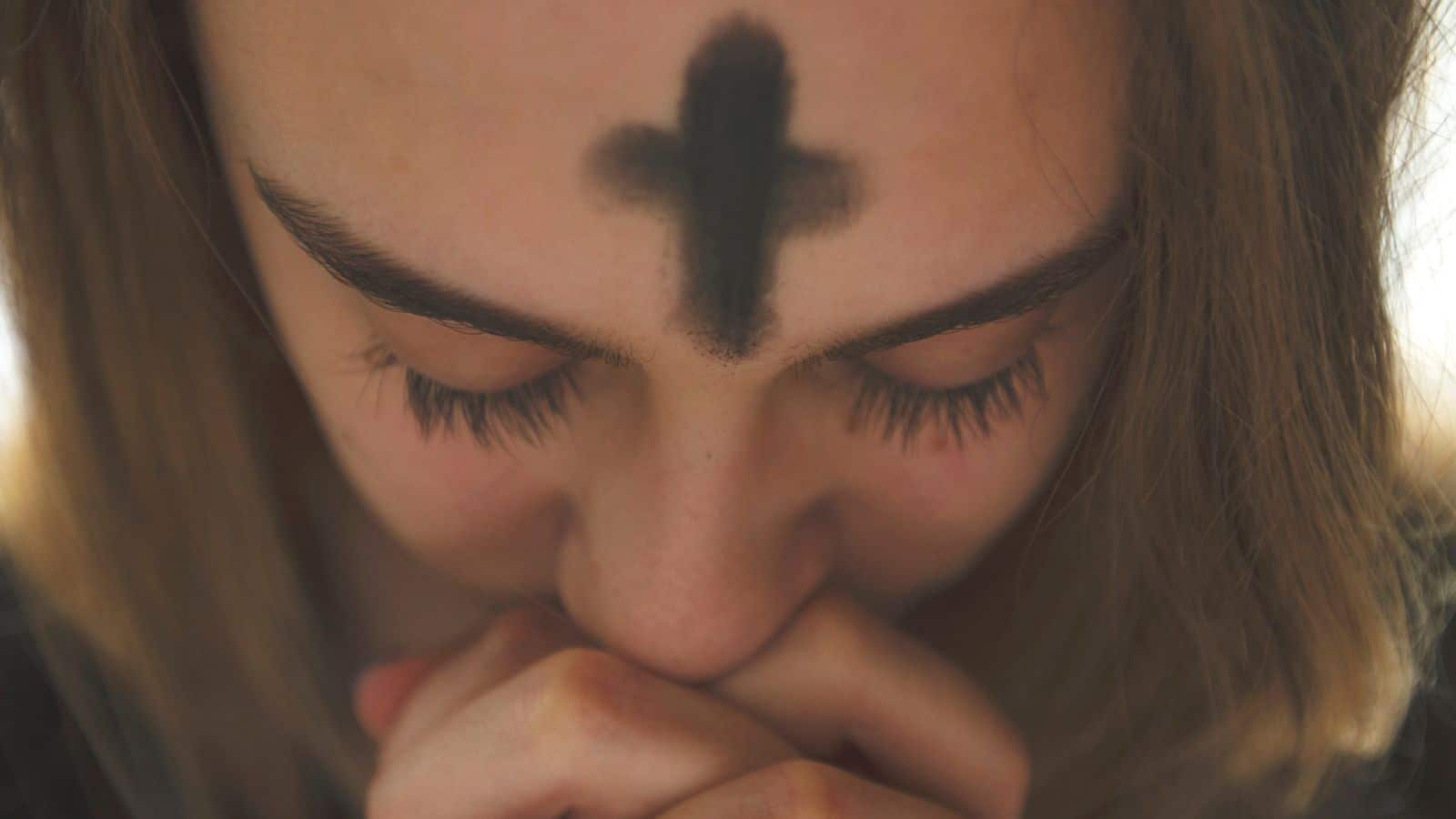
On Ash Wednesday, Catholics often get ashes on their foreheads in the shape of the cross. The practice of putting on ashes dates back to the Old Testament, and Catholics still carry it on to this day.
They do so as an outward sign of their sinfulness, their repentance and of their desire to die to this world. It is also used to commemorate Christ’s death, and as a reminder for Catholics to examine themselves as they enter into the Lenten season.
14. Why Do Catholics Use Crucifixes?
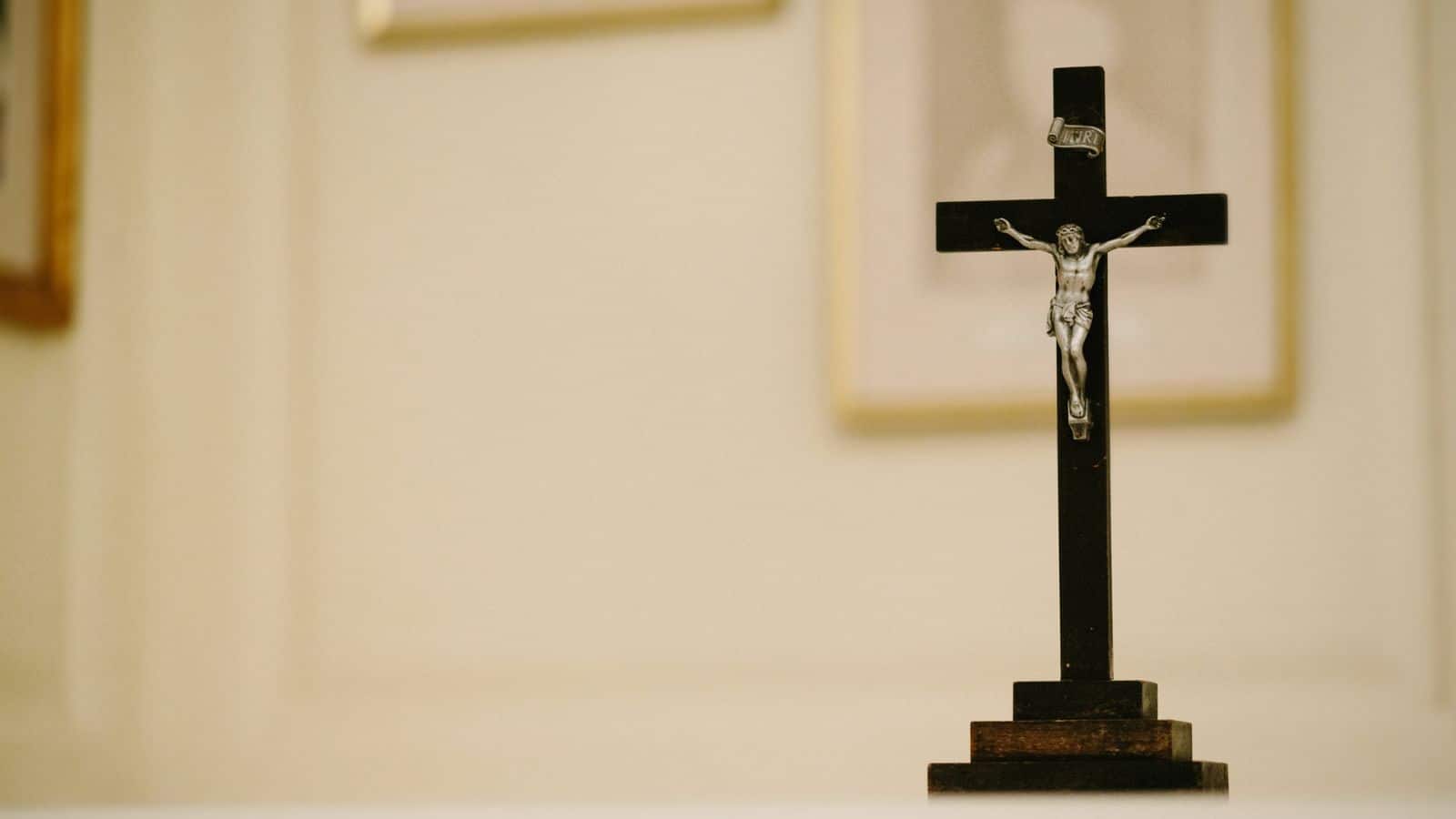
Crucifixes, like statues and stained glass windows, are used by the Catholic Church to help tell the story of Jesus.
Catholic churches use crucifixes instead of empty crosses because it helps bring the message home in a deeper way and because the cross is meaningless without Christ’s death on it. Catholics do realize, of course, that Christ didn’t stay there.
The Catholic church requires a crucifix to be visible during Mass. You can also commonly find them in Catholic homes, hospitals, and schools.
15. Why Do Catholics Use Incense?
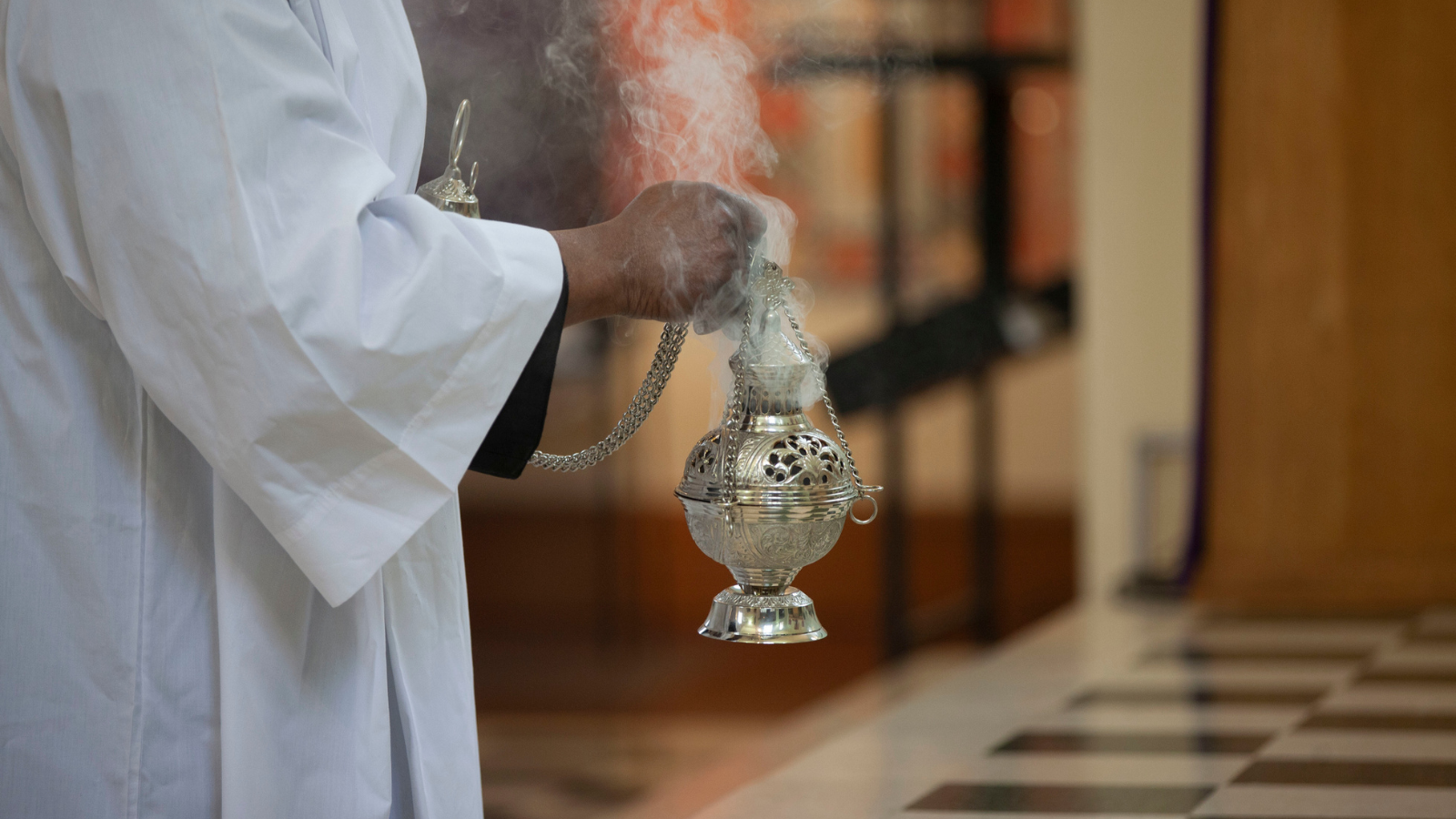
The Old Testament Jews used incense in their worship, so the practice probably simply carried over. Today, Catholics use incense to symbolize their prayers rising to Heaven, to create the ambiance of Heaven, to symbolize sanctification and purification, and to remind us that Mass transcends the physical building and reaches to Heaven as well.
10 Remarkable Catholic Saints Who Changed the Course of History
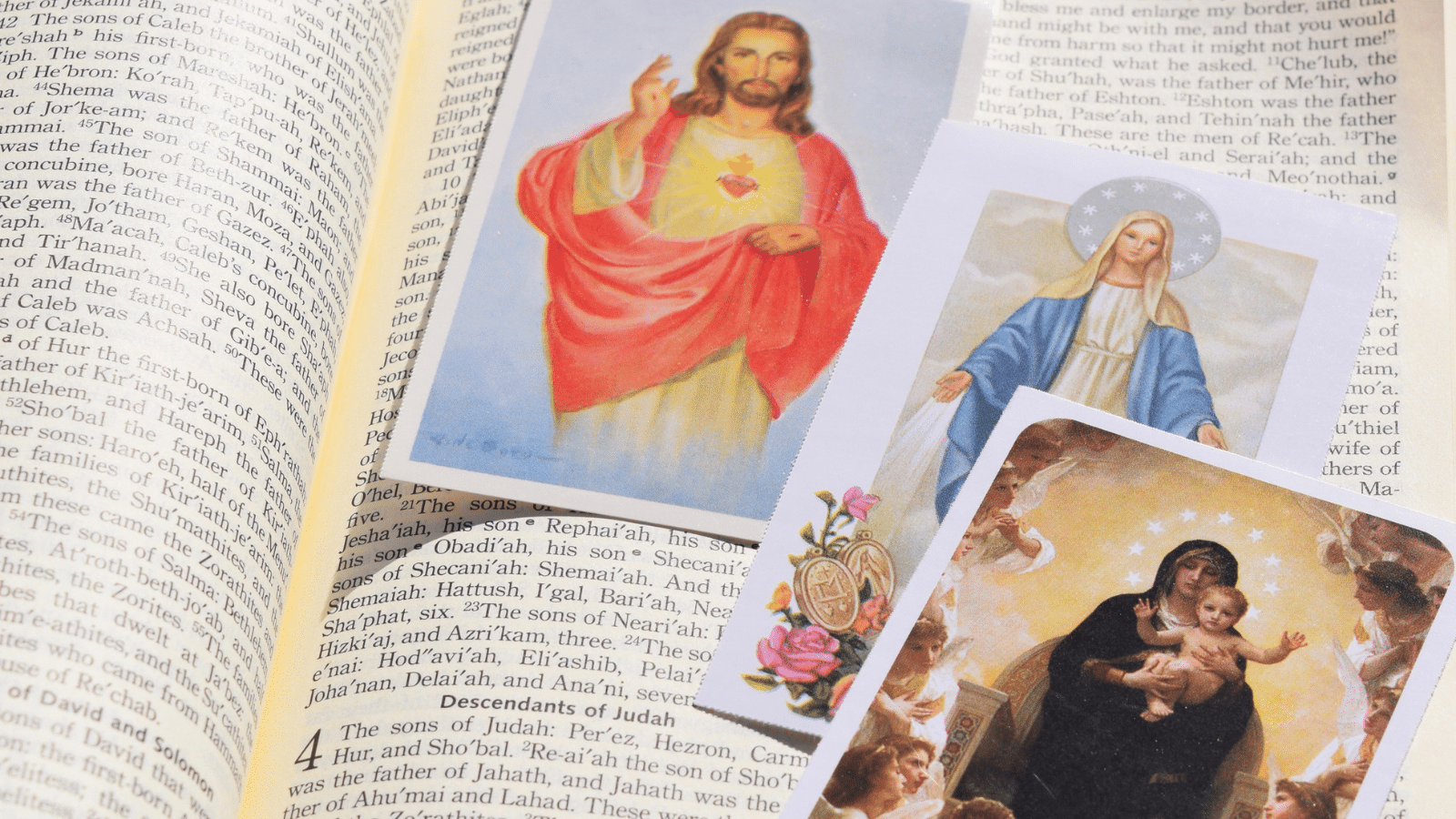
Whether or not you agree with Catholic teaching, it’s hard to deny: Catholic saints have played a pivotal role in shaping the course of history, leaving a lasting impact on both the Church and the world at large.
These remarkable individuals, through their unwavering faith, selfless acts of charity, and profound teachings, have left an indelible mark on society. Here are 10 remarkable Catholic saints who changed the course of history.
10 Remarkable Catholic Saints Who Changed the Course of History.
10 Famous People You Didn’t Know Were Catholic

Celebrities and other famous people often keep their personal beliefs and religious affiliations private, but sometimes, their faith is an essential part of their lives. While some famous people openly embrace their Catholic faith, others may surprise you with their devoutness.
In this article, we’ll explore ten famous people you may not have known were Catholic.




